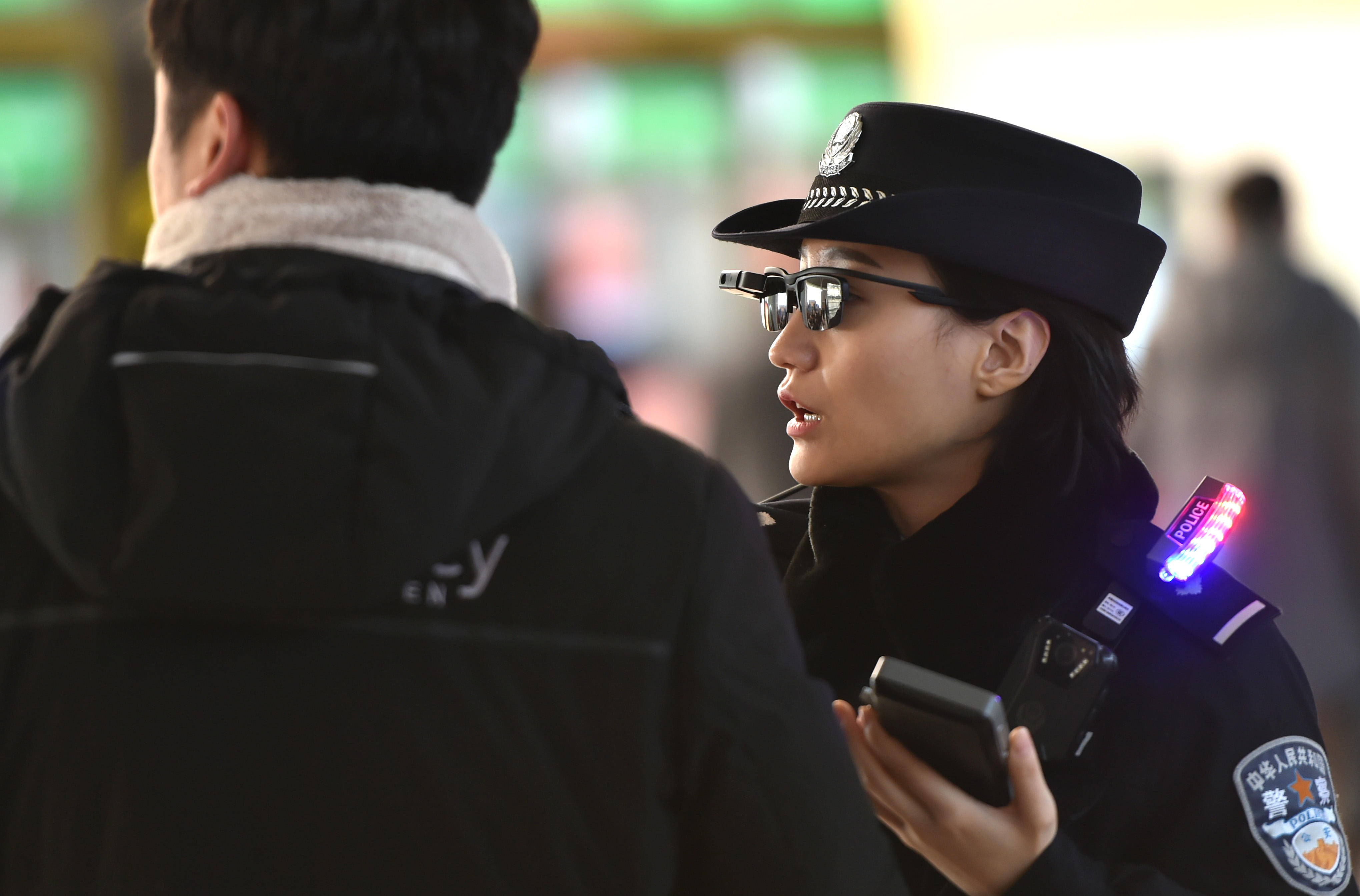World Cup Fever Leads To $1.5 Billion Dark Web Crypto-Betting Operation in China
Posted on: July 17, 2018, 05:00h.
Last updated on: July 17, 2018, 03:09h.
China’s first major illegal crypto-betting bust was a big one. State media agency Xinhua has reported that police in the southern Guandong province smashed a $1.5 billion dark-web-based World Cup cryptocurrency betting operation on Thursday, presumably just as it was about to hit its most lucrative weekend, the World Cup Final.

Police said they had arrested six suspected members of the syndicate, freezing $750,000 in their personal bank accounts and seizing more than $1.5 million in their cryptocurrency accounts.
During the eight months of the gambling platform’s existence, it generated 330,000 registered users, handling $1.5 billion in bitcoin, ethereum, and litecoin. According to police, it employed over 8,000 agents who earned commissions for recruiting new members.
New Tech Masking Illegal Betting Ops
World Cup betting on the illegal Asian markets over the past month is believed to have greatly surpassed that of Brazil 2014, aided by more compatible time zones between the region and the host, Russia. But authorities have reported they’ve had a tougher time tightening the screws on illegal bookmakers this year, due to their adoption of new technologies not so prevalent four years ago.
As well as cryptocurrencies, these include social media platforms, such as the Chinese messaging app, WeChat. But police said the crypto-betting syndicate was “the most representative of the new-type of online football gambling [it had disrupted] so far.”
In September, the government in Beijing closed down all domestic cryptocurrency exchanges and prohibited initial coining offerings (ICOs), citing concerns for financial instability. Xinhua reported this week that the yuan-bitcoin trading pair has fallen to less than one per cent of the world’s total bitcoin trading.
WeChat Clams Up
Last week, WeChat announced it had closed 50,000 accounts and deleted 8,000 group chats because they had been related to World Cup betting. The Chinese digital giant said that a crackdown by authorities on betting websites had pushed illegal bookmaking operations to migrate to social platforms.
With one billion active monthly users, 90 percent of whom are Chinese, WeChat is one of the biggest communication platforms in the world. This, and its second functionality, as a payments platform, has made it a convenient tool for illegal bookmakers, and for bettors looking to dodge China’s zero tolerance policy on gambling.
Gambler-starved Chinese mainlanders use WeChat to gamble by proxy, authorizing a third-party to bet on foreign sports betting sites — or even at live casinos — on their behalf. Bets are arranged through the app, and the results often relayed or video-streamed in real time.
Related News Articles
Three Wimbledon Matches Investigated For Possible Corruption
Most Popular
LOST VEGAS: The Foster Brooks Robot at MGM Grand
Bally’s Sets Date for Tropicana Las Vegas Implosion & Party
Most Commented
-
VEGAS MYTHS RE-BUSTED: You Don’t Have to Pay Resort Fees
— August 2, 2024 — 16 Comments -
VEGAS MYTHS RE-BUSTED: Elvis Was a Straight-Up Racist
— August 9, 2024 — 11 Comments -
ANTI-SOCIAL BEHAVIOR: Vegas Casino Buffet Stunt in Poor Taste Goes Viral
— August 16, 2024 — 7 Comments -
VEGAS MYTHS RE-BUSTED: The Strip Tried Appealing to Families and Failed
— August 23, 2024 — 7 Comments
















No comments yet